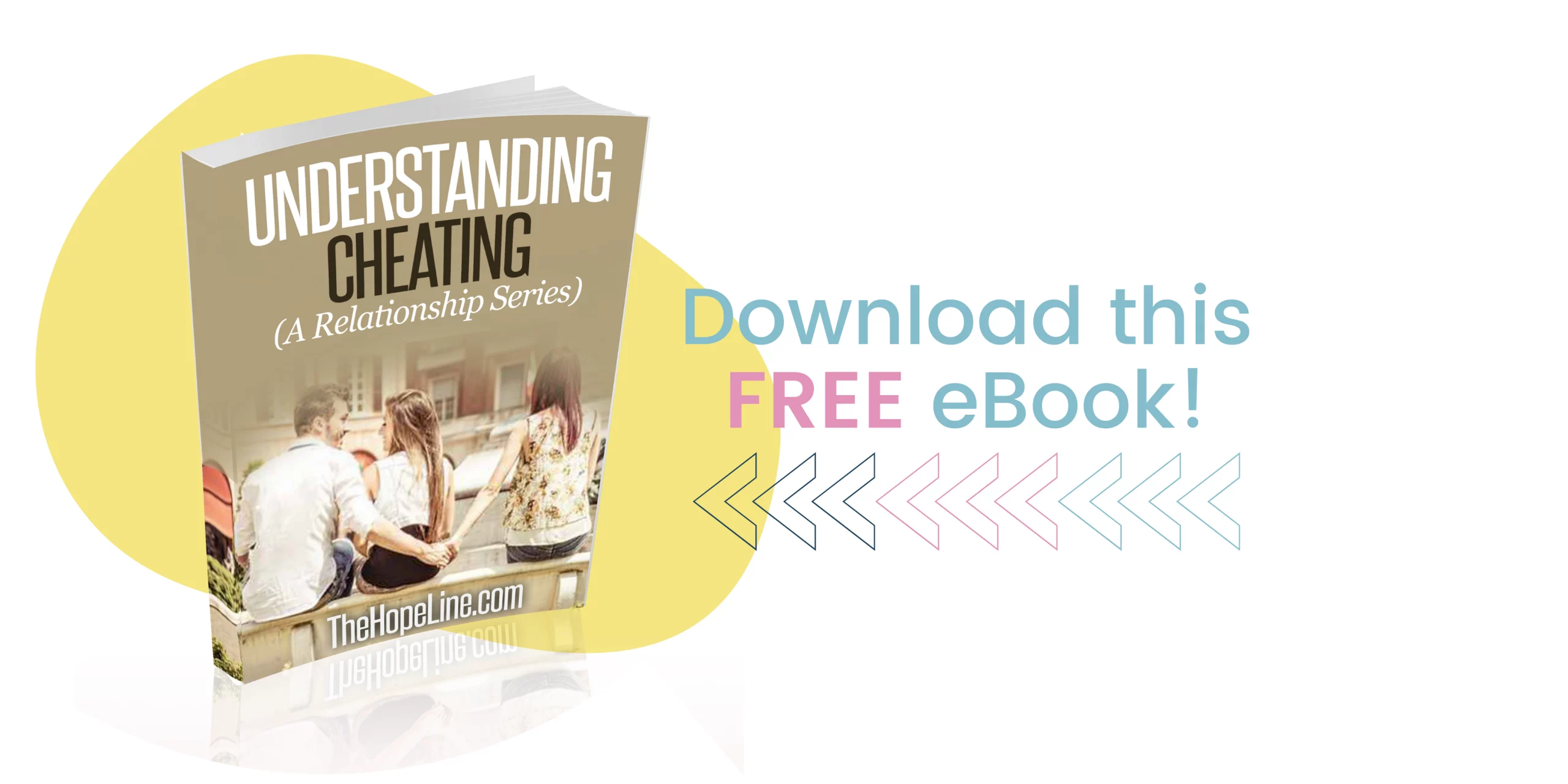Eating disorders are a group of mental illnesses that can have very serious consequences on physical, mental, spiritual, and emotional health. If you have a friend who might have an eating disorder, it can feel scary to watch them struggle.
But you are not powerless.
Learning more about what your friend might be facing, along with practical things you can do to make them feel safe and supported, can go a long way toward encouraging them to get an accurate diagnosis and begin their recovery journey.
Does Your Friend Show Signs of an Eating Disorder?
While each person’s experience with their eating disorder is unique to their situation, there are common warning signs to look for, such as:
- Extreme overeating, undereating, or cycling back and forth between the two
- Harsh, critical, or cruel statements about their body, weight, and appearance
- Avoiding eating or eating very little at meals
- Excusing themselves to the bathroom very frequently after meals, often immediately after finishing a meal
- Never being satisfied with their size, shape, or weight
- Exercising or exerting themselves physically to excess or exhaustion, in an attempt to lose more weight
If you’ve noticed your friend struggling with their relationship with food, their opinion of themselves, or if they seem obsessed with their weight, they may have an eating disorder.
Can You Help Your Friend?
You can help a friend with an eating disorder, but it is important to do so in a way that doesn’t shame them, pressure them, or further enable their behavior.
Here are some suggestions for what to do if you think your friend has anorexia, bulimia, or another eating disorder:
1. Plan the conversation, but don’t stage an intervention. This talk should have the feel of any other conversation between dear friends, so they don’t feel distant, attacked, or judged.
2. Share your concerns: It is important to share your concerns with your friend. Let them know you want them to be happy and healthy, and that you’re worried about the serious consequences of their relationship with food, and their unkindness toward themselves.
3. Let them know there is help available. There are plenty of judgment-free places to get help recovering from eating disorders. Share this information with your friend and let them know they have your support in their treatment and recovery.
4. Remind them of God’s unconditional love: People with eating disorders often struggle with shame and feeling unloved. Sharing spiritual encouragement with your friend can be a great way to uplift their spirits and bond with them over a shared sense of hope.
5. Remain kind: Your friend’s eating disorder is a part of what they’re battling with, but they’re still the person you care about. Remain connected to what you’re grateful for, and what you enjoy doing with them, and make sure you maintain that sense of friendship with them.
This is a great start toward helping your friend as they come to terms with their eating disorder and begin to recover from it.
Do You Have the Support You Need?
It’s important to remember that eating disorder recovery takes time, and it is a draining process for the person in recovery, and their loved ones. It can be easy to become focused only on your friend’s battles. But be careful to take time to recharge, to focus on things that bring you joy, and to find the healing that you’ll need along the way. That may mean confiding in friends and family, reaching out to your faith community, or getting extra support from a counselor or mentor.
If you want to help a friend with an eating disorder, TheHopeLine team is here to give you the support you need.
Talk to a HopeCoach today about your life, your friend, and how you can care for them while not neglecting your own needs. We’re here for you, and we believe things will get better.
If you’re dealing with addiction or relapse, it can be tempting to self-medicate. But true self-care is the only way to heal your mind, body, and spirit. Find out more here.
For eating disorder help and information for women, men and teens visit our partners at Mirror Mirror.



